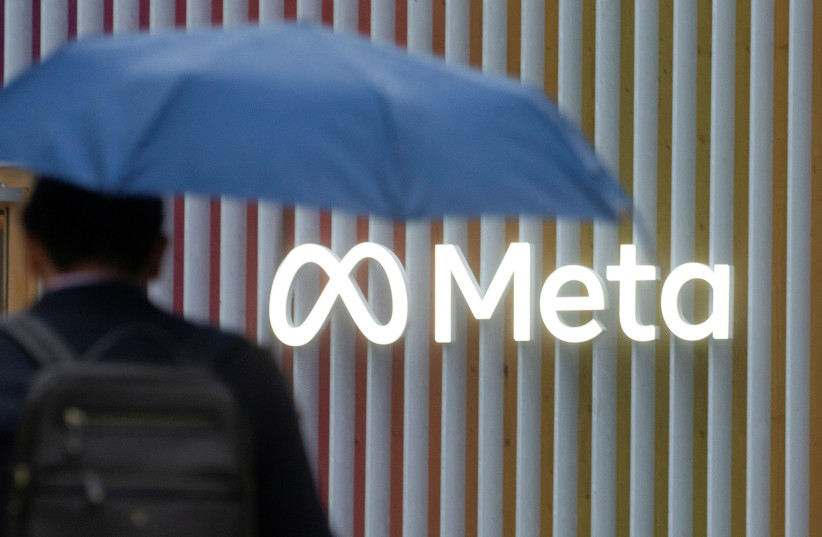A Russian court on Thursday fined messenger service WhatsApp three million roubles for not deleting banned content, its first fine in Russia for that offense.
WhatsApp's parent company Meta Platforms Inc was branded an "extremist" organization by Moscow last year, but the messenger app - which is widely popular in Russia - has not previously faced penalties for failing to remove prohibited information.
Other Meta services, Facebook and Instagram - now banned in Russia - have been fined over content, as have the likes of Twitter and Alphabet's Google.
WhatsApp, however, has previously been fined for its alleged refusal to comply with Russian data law and store Russian users' data on servers in the country.
WhatsApp refused to delete information about a drug
The RIA news agency reported that Thursday's fine was due to WhatsApp's refusal to remove information about the drug Lyrica, whose sale and manufacture are prohibited in Russia.

Meta did not immediately respond to a request for comment outside US business hours.
The court also fined Wikimedia Foundation, which owns Wikipedia, three million roubles, for not removing what Russia considers "false information" about Moscow's military campaign in Ukraine.
Wikimedia did not immediately respond to a request for comment. It has previously said information that Russian authorities complained about was well-sourced and in line with Wikipedia standards.
Moscow has for years clashed with Big Tech over content, censorship, data and local representation in disputes that escalated after Russia sent its armed forces into Ukraine on February 24, 2022.
